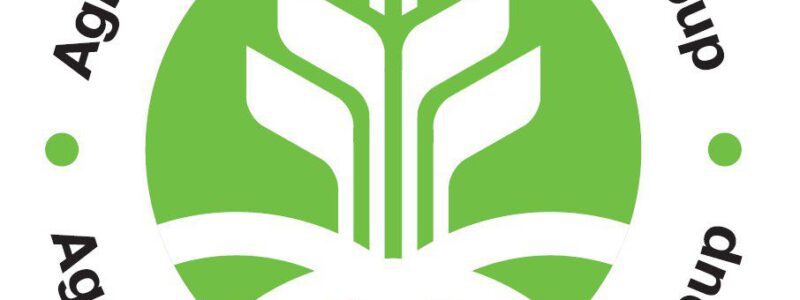
Sabotage by Russian inspectors in the Joint Coordination Center (JCC) of inspections of vessels bound for the Ukrainian Black Sea ports leads to low efficiency of their inspection – about 70 grain carriers piled up for a week to enter the “grain” corridor, and 30 – to leave.
According to the broker company Spike Brokers (Kiev) in Telegram-channel, grain traders are forced to lay more and more costs for demurrage of ships (up to 30 days) in the price of agricultural products, which “kills” the benefits for agricultural producers. Because of this, farmers are actively exporting their goods by land, strengthening trade relations with end consumers in Europe.
According to a brokerage company, for the past week, it has made deals for December-February delivery of feed wheat from Ukraine to Poland for $237/ton, rapeseed (non-GMO) to Germany – €595/ton, soybeans (GMO) to Ukrainian deep-sea ports – $415/ton. No data on sunflower sales have been made public this week.
She specified that domestic corn prices have stabilized at $205-230, depending on the place of delivery – in the port or to the land border crossings. Exchange quotations for wheat this week are in the nature of an “inversion” (a reverse market where spot is more expensive than contracts for future months). Recent buyer indications for the past week are DAP Poland (border) $210-220, DAP Turkey (port) $260-270, DAP Romania (port) $255-265.
“The proximity of the holiday month creates some constraints on the efficiency of cargo handling in Europe. Most buyers in Europe do not want to receive shipments by truck/rail between December 20 and January 5. In the direction of ports, buyer demand is expected to decline significantly until vessel throughput efficiency improves,” Spike Brokers stressed in a statement.
In turn, with low selling prices of wheat in Ukraine and the high cost of its logistics, domestic producers are suffering significant losses, which significantly constrains its supply. The latest indications of buyers: DAP Poland (border) – $230-245, DAP Hungary (border) – $230-242, DAP Ukraine (Danube ports) – $240-245.
According to the trader, the purchasing prices of oil extraction plants in Ukraine adjusted from $450 to $350 excluding VAT per ton of sunflower seed delivered to the plant: the saturation of demand in Ukraine occurs against the background of the fall in vegetable oil prices to $ 200 per ton. Thus, while oil prices on foreign markets will remain stable, there will be an increase in the supply of sunflower for export.
The latest indications of sunflower seed buyers: DAP Bulgaria (center) – $540-560, DAP Romania (center) – $500-530, DAP Hungary (center) – $540-555.
In addition, the saturation of the EU market with rapeseed from Ukraine and Eastern European countries does not give any chance for price strengthening at the moment. Latest buyer indications: DAP Germany (east) – €550-560, DAP Hungary (center) – €540-550.
“The soybean market remains at last week’s levels. Producers remain with good soybean balances for sale,” the brokerage clarified.
The latest soybean buyer indications for the week: non-GMO DAP Italy – €545-550, GMO DAP Italy (south) – €545-550.
A representative of the trading department of A.G.R. Agroholding. Group in a survey by Interfax-Ukraine agency noted that since the beginning of Russian military aggression, the logistical leverage for agricultural exports from Ukraine has increased, freight prices have risen, energy and fuel prices have risen. As a result, the group is forced to spend about $200 per ton of exports, a huge amount of money compared to the prewar $45-50 per ton.
“With the start of the war, we changed our crop rotation and switched to oilseed crops as much as possible – that’s more than 60% of our crops this year. Corn is a comfortable crop, but energy-intensive, and with the price of energy, gas, it’s just not profitable to work with. As a result, we have reduced the volume of its sowing and to a greater extent switched to oilseeds, thereby reducing the burden on the railway and road transport and combine maintenance costs, “- said the interlocutor of the agency.